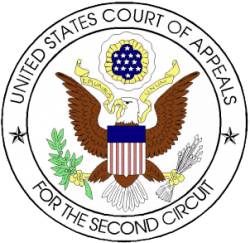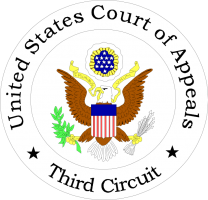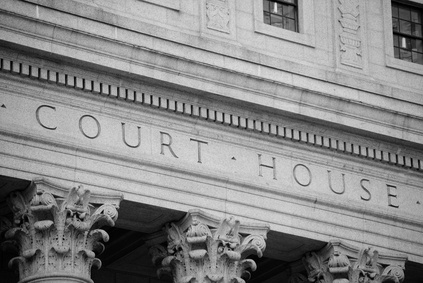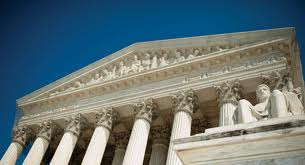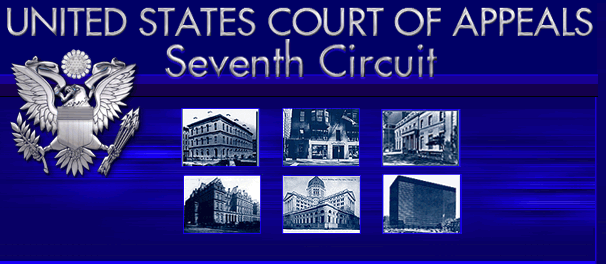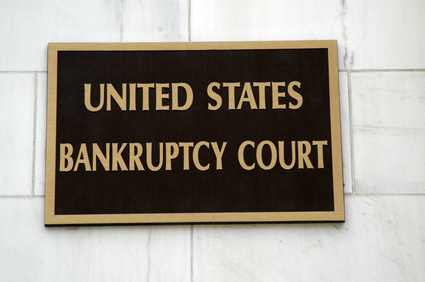Providing statements of the amount due, or of the amount required to cure a default – such as in Notices of Intention to Foreclose, periodic statements, and the like — has become risky for mortgage servicers under a recent ruling from the U.S. Court of Appeals for the Third Circuit. The ruling, Kaymark v. Bank of America, involved a foreclosure complaint, which included projected fees and costs that had not yet been incurred at the time the complaint was filed. Ultimately the costs were incurred, but the court found that the foreclosure complaint’s inclusion of the projected fees and costs in the amounts…
Posts published in “FDCPA”
Fair Debt Collection Practices Act
We expect certainty in the law, especially when it comes to a commercial transaction. A valid and enforceable contract should not become unenforceable simply because it was sold. And worse, it should not be unlawful for the buyer to enforce the purchased contract. But that is the decision of the U.S. Court of Appeals for the Second Circuit in Madden v. Midland. The facts are not remarkable. Ms. Madden applied for and received a credit card from Bank of America, a national bank. Bank of America transferred her account to FIA Card Services, also a national bank, who issued her a change…
The U.S. Court of Appeals for the Third Circuit recently reversed the dismissal of a borrower’s claims under the Federal Fair Debt Collection Practices Act against a foreclosure law firm, holding that not-yet-incurred fees pled in foreclosure complaint — without conveying that the fees were estimates or imprecise amounts — could constitute an actionable misrepresentation. The Court also rejected the foreclosure firm’s arguments that a foreclosure complaint could not serve as the basis of an FDCPA claim. However, the Court upheld the dismissal of the borrower’s state law claims, due to lack of ascertainable damages. A copy of the opinion is…
Two years ago, in Simon v. FIA Card Services, N.A., the Third Circuit held that alleged violations of the FDCPA resulting from conduct in a bankruptcy case were not precluded by the Bankruptcy Code. At issue was whether the defendants engaged in false, misleading or deceptive conduct in connection with their service of a subpoena for a Rule 2004 examination. The certification of service on the subpoenas indicated service both directly on the plaintiffs and on their attorney whereas they were actually only served on the attorney. In addition, the location provided for the examination was improper under the bankruptcy…
Collecting statutory prejudgment interest in California did not violate the Fair Debt Collection Practices Act, under a decision earlier this month from the Ninth Circuit Court of Appeals. The decision, Diaz v Kubler, rejected the debtor’s contention that interest allowed by a California statute could not be collected unless a judgment was first entered. Decision Has Limited Impact While the decision brings clarity when collecting prejudgment interest in California, it does not authorize the collection of prejudgment interest under other state statutes. Last year, the Sixth Circuit Court of Appeals found that a debt buyer’s collection of prejudgment interest under…
Statutory damage claims, like those under the TCPA and the FCRA, will be scrutinized in the next session of the U.S. Supreme Court and its decisions could have broad implications for the financial services industry. Today we look at one of the cases the court will consider, Gomez v. Campbell-Ewald Co. The case considers whether an offer of complete relief to a litigant will extinguish both her individual claims and, prior to class certification, render her class claims moot. A decision will likely impact litigation under the FDCPA, TILA, EFTA and other federal laws, which can expose financial services companies to…
Like the 80 inches of snow that pummeled Buffalo this week, the crusade against time-barred debt continues to hammer the collection industry. Today the United States Court of Appeals for the Seventh Circuit denied a petition for leave to file an interlocutory appeal in the matter of Patrick v. PYOD, LLC. Earlier this summer, a judge sitting in the United States District Court for the Southern District of Indiana denied a collector’s motion to dismiss an FDCPA complaint based on the filing of a proof of claim on a debt that was beyond the statute of limitations. Relying on Randolph v.…
It has been several months since the Eleventh Circuit handed down its decision holding that filing a proof of claim on “time-barred” debt violates the FDCPA. The request for rehearing, which I reported about this past summer, was denied. While a petition for certification to the Supreme Court is possible, even if the court accepts the case (and that’s a tall order itself) we would not see a decision before 2016. A Multitude of Crawford-type Claims While it was a safe bet a new round of FDCPA claims would be spawned by Crawford, the sheer number of claims being filed outside the Eleventh Circuit is surprising.…
If I did not read this opinion I never would have believed it. In one of the greatest examples of baiting a collector into a violation of the FDCPA, a plaintiff in Missouri decided he was not going to wait for a collector to call him and instead called the collector himself to induce a 1692c(a)(2) violation. According to the opinion, “In mid-June 2014 plaintiff retained an attorney to represent him regarding his debts, including those which defendants are attempting to collect from him. Shortly after retaining legal counsel plaintiff phoned defendant MRG to ask about the debt and to inform…
Following on the heels of a June 30 decision finding that a New Jersey law firm violated the Fair Debt Collection Practices Act because its attorneys spent four seconds reviewing a pleading, a complaint seeking class certification has been filed against the same firm, citing findings of fact from the adverse court opinion. The complaint, filed in New Jersey state court last month, was removed to the federal District of New Jersey last week. The complaint is available here. The complaint focuses on a May 2014 settlement letter, which it alleges was not prepared by attorneys and was sent before an “attorney exercised professional judgment by…
Last month’s 11th Circuit Court of Appeals’ decision that allowed a Fair Debt Collection Practices Act claim to be made against a bankruptcy proof of claim filed on out-of-statute debt will get a rehearing if a petition filed by LVNV Funding, LLC is granted. An Outlier Decision Crawford caused a stir when it was issued a few weeks ago because it upset a well-settled body of law that prohibited such FDCPA claims. And although en banc requests are often denied, when a decision conflicts with an established body of law there is a better chance it will be granted. That may be what happens here.…
Filing a lawsuit to collect a time-barred debt does not violate the Fair Debt Collection Practices Act according to a June 30 decision from a New Jersey state trial court. The decision, Midland Funding v. Thiel, involved a collection action to recover the unpaid balance of a Home Depot credit card. The law firm representing the creditor filed suit under New Jersey’s six-year limitation period for contracts, which has been applied to countless credit card debts. The trial court dismissed the claim reasoning that this particular credit card could only be used to make purchases at Home Depot. Four Year Limitations…


